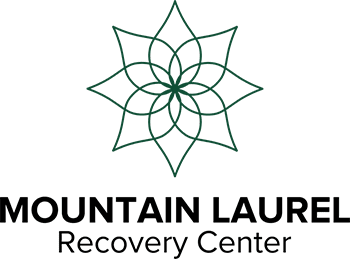
Ways to Talk to Kids About Addiction
The way you share the information about your addiction and treatment will depend on the age and maturity of your child. Be honest and communicate in an age-appropriate manner using terms they will easily understand. For example:
- For young children, you may want to explain that you are sick with an illness known as addiction and need to get help so you can feel better.
- For teenagers, you can provide more detail. Explain that you are sick, and that addiction is affecting your life, so you need to seek treatment where you can focus on your recovery.
Help your children understand that being away from them for a while will help you be a better parent when you return. Give them all the information they need to feel safe and cared for while you are gone. Explain who will care for them and how their routine will change (or stay the same). Explain how and when you’ll be able to talk with them while you’re gone.
There is a correlation between parents who suffer from addiction and their children having a higher risk for developing an addiction. Educating and talking to your child at an early age can help reduce their chances of developing a substance use disorder and can allow you as a parent to pay close attention to any behaviors that could put your child at a higher risk.
Questions That May Be Asked
Allow your child to ask questions and be ready to provide them with answers. Be prepared to answer questions such as:
- How long will you be gone? You can explain the type of program you’re entering and how long each part typically lasts (detox, residential, outpatient, etc.).
- Will I be able to see you while you are away? Most recovery centers have a “blackout period” at the beginning during which calls and visits are not allowed. But after that, families are often encouraged to contact their loved one and even participate in treatment. At Mountain Laurel Recovery Center, we offer a Family Program designed to provide support and education to the family.
- How can we keep in touch? You’ll want to ask your admissions counselor how people can contact you. Children can send cards and letters when phone contact is not an option.
- Is it my fault that you’re sick? One of the most important points to discuss with your child is that addiction is not their fault. Reassure them that they did not cause your addiction and that it is okay to feel sad or upset about it.
Support Resources for Children
There are many resources to consider for your child while you are seeking treatment. Other adults who love them are your first resource. This could be another parent, a family member, a beloved teacher, or a friend’s parents. Your child should have someone in their life they can trust and talk to whenever they need to.
There are also professional and community resources available to provide support to children who have a parent suffering from a substance use disorder. Alateen can help provide both support and education to teenagers who have a family member dealing with a substance use disorder. In addition, a therapist or counselor can help your child understand what is happening with their family and learn how to manage their emotions and stress level.
In addition, you can find many books written for children that can be helpful in explaining more about addiction.
Are You or a Loved One Looking for Support?
If you or a loved one is struggling with a substance use disorder, Mountain Laurel Recovery Center is here to help. We can help you find the right treatment options to lead you to a lasting recovery. We offer a holistic approach utilizing a variety of services, including residential treatment, medically monitored detox, family program, and extended care and transitional living services. To find out more about what programs and services are available in our Pennsylvania recovery center, please contact us today.
